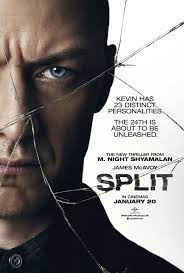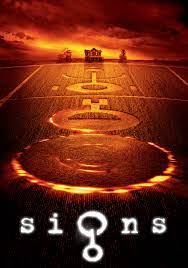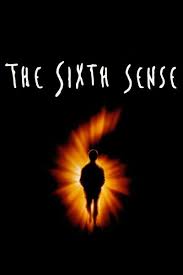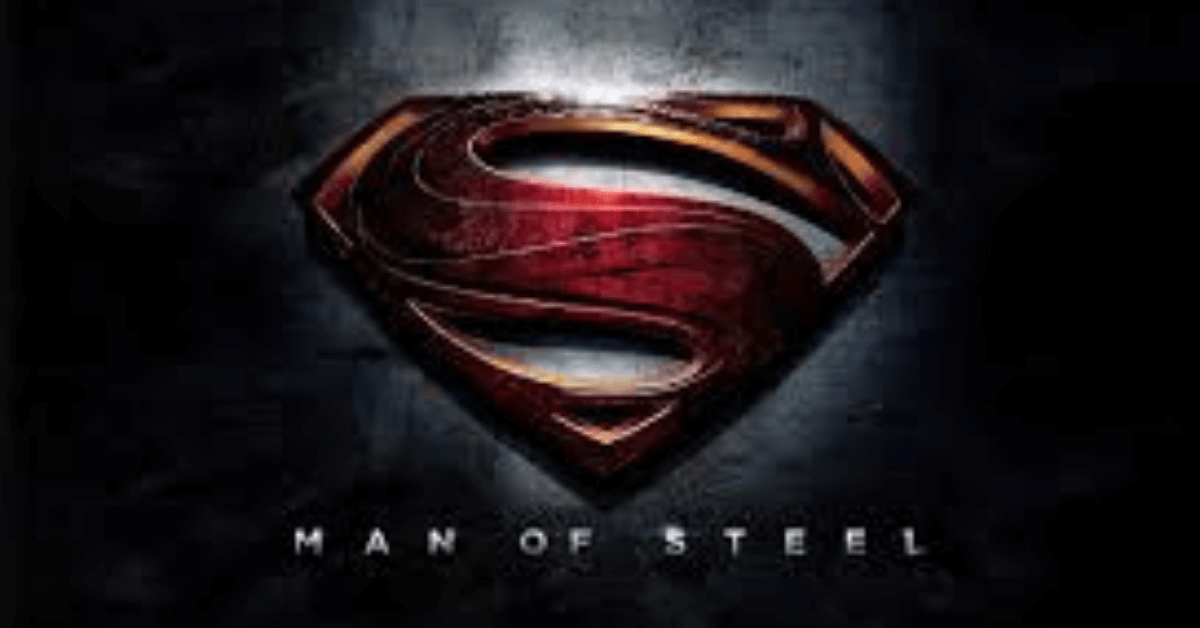Yes, he’ll never be able to live down (or up to) the Newsweek cover from 2002 calling him “The Next Spielberg.” But give M. Night Shyamalan this: he’s never given up on himself, even when others criticized his attempts to add soul and philosophical depth into his blockbusters.
The Village (2004):

When Shyamalan created this stinker, he was on a near-unprecedented run, at least for his age. It was the first evidence that his enchantment was starting to wear off, and, more importantly, that his Big Twist gimmick was starting to feel forced and desperate.
Split (2017):


It was a brilliant move to pair Shyamalan with the Blumhouse gang. Over the last decade, Shyamalan has needed more than anything else a strong point of view other than his own.
Signs (2002):


Signs is the final installment in the director’s three-part series of smart, mainstream thrillers, and it’s as engrossing as it is nasty. However, the film’s flaws are linked to its merits, especially, Shyamalan’s desire to create large-scale, emotionally rich, psychologically penetrating blockbusters.
Unbreakable (2000):


“The average comic collector owns 3,312 comics and will spend nearly one year of his or her life reading them,” the film begins.
The Sixth Sense (1999):


When the youngster tells the psychologist that he sees dead people, the older guy doesn’t grasp it’s not a confession – it’s a warning. The Sixth Sense, the World’s Most Surprising Film, can be appreciated for a variety of reasons, but once you know a big surprise, you can also appreciate it as an extraordinarily touching story of self-deception.




